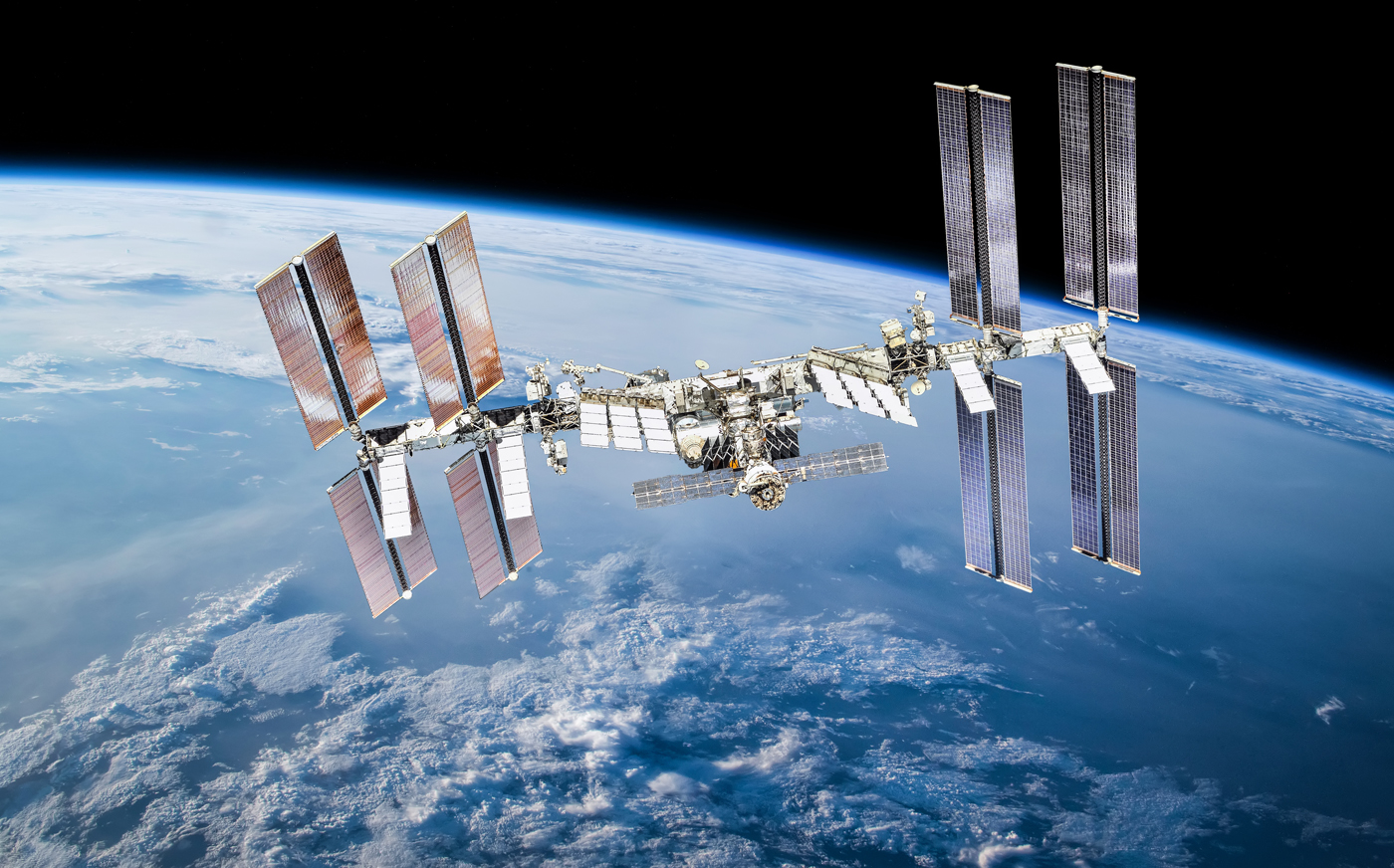What just happened? Russia says it will halt cooperation with western nations on the International Space Station (ISS) until sanctions imposed on Moscow are lifted. Russia's space director, Dmitry Rogozin, made the announcement on social media, but NASA says it continues to support government space cooperation.
Rogozin, who heads Russia's Roscosmos space agency, said that the goal of the sanctions was to "kill Russian economy and plunge our people into despair and hunger, to get our country on its knees." He added that they "won't succeed in it, but the intentions are clear."
"That's why I believe that the restoration of normal relations between the partners at the International Space Station (ISS) and other projects is possible only with full and unconditional removal of illegal sanctions," Rogozin wrote in his Telegram account.
Rogozin tweeted that he appealed the sanctions in letters to NASA, the European Space Agency, and the Canadian Space Agency (CSA). He also posted images of what are allegedly responses from each country---the CSA confirmed the letter's authenticity to The Verge.
"лава НАСА сенатор Нельсон, руково'итель *вропейского космического агентства Йозеф Ашба...ер и глава Кана'ского космического агентства Лиза Кэмпбелл ответили на мо' к ним обращение с требованием отмены санкций против ря'а пре'приятий российской ракетно-космической отрасли. pic.twitter.com/rnMYiK9wal
--- РО"О-ИН (@Rogozin) April 2, 2022
"The U.S. continues to support international government space cooperations, especially those activities associated with operating the ISS with Russia, Canada, Europe, and Japan," states one letter, signed by NASA administrator Bill Nelson. "New and existing U.S. export control measures continue to allow cooperation between the U.S. and Russia to ensure continued safe operations of the ISS."
Rogozin said Roscosmos will determine a date for halting Russia's involvement with the ISS, which will then be reported to the Russian government.
Russia has continued to work with western partners, including the US, on the ISS since the country invaded Ukraine. Two Russian cosmonauts and a US astronaut returned to earth last Wednesday and landed in Kazakhstan, where they were met by Russian and NASA officials who cooperated during the recovery.
The New York Times notes that the agreement between nations participating in the space program runs until 2024, and the US wants to extend this until 2030. Russia previously said it planned to leave the ISS and launch its own space station into orbit by the end of the decade.
"All of our international partners including Roscosmos are making progress on moving towards station extension to 2030," said Kathy Lueders, NASA's associate administrator for space operations. She added that NASA is also working on other agreements with Russia.
In February, Rogozin warned that without the participation of Russia, which NASA relies on for the ISS's position and orientation in space, the station would (eventually) come crashing into the US, Europe, India, or China. But Elon Musk believes SpaceX could prevent this nightmare scenario.
